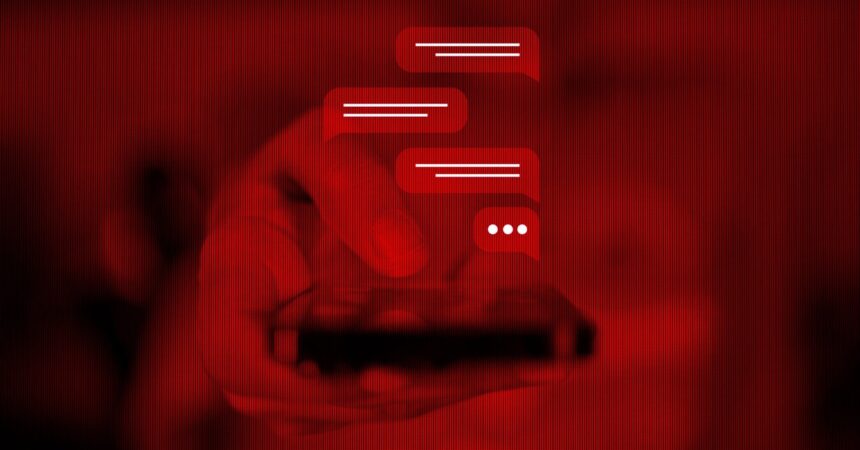Digital Decluttering: Protecting Your Privacy in an Age of Surveillance
In recent years, concerns over government surveillance, data privacy breaches, and the overall management of personal information have emerged as critical issues for individuals in the digital landscape. With an increasing amount of data being stored online—from chat conversations to social media posts—it’s essential to take control of your digital footprint before it becomes a liability. As we become more aware of the sensitivity of our online histories, it’s time to consider a thorough digital decluttering process.
The Importance of Digital Decluttering
Just like archeologists excavate historical sites to derive insights about ancient societies, our digital histories can reveal a lot about us—sometimes more than we intend. Old messages, photos, and interactions can paint a detailed and possibly damaging picture of our identities, beliefs, and behaviors over the years. With the rise in data breaches and the selling of personal information by data brokers, it becomes vital to understand what information we have stored, where it resides, and how to manage it effectively.
The Risks of Old Message Histories
One of the biggest culprits of unnecessary data accumulation is our chat histories. Instant messaging apps are convenient and informal, making it easy to forget the permanence of the digital records we create. Unlike platforms that offer end-to-end encryption, like Signal or WhatsApp—where messages only remain on the sender’s and recipient’s devices—standard chat applications (e.g., Slack, Facebook Messenger) store conversations on their cloud servers.
This storage poses risks, as companies maintain the ability to decrypt and access these conversations. Even seemingly trivial messages exchanged long ago can provide insights into your personal life, political affiliations, and social circles that you may prefer to keep private.
Kenn White, a security expert from MongoDB, wisely reminds us that “who you were five or 10 years ago is probably very different than who you are today.” Regularly evaluating what old chats you really need and the implications of keeping them can significantly enhance your privacy.
Steps for Effective Digital Purging
Here are some practical and actionable steps you can follow to declutter your digital space effectively:
-
Assess Your Messaging Platforms: Start by evaluating which messaging apps you use regularly. Identify whether they offer auto-delete features. For example,
- Apple’s iMessages: You can enable auto-deletion by going to Settings > Apps > Messages > Keep Messages. Choose from "forever," "1 year," or "30 days."
- Slack: For those on the free version, old data is automatically deleted after one year. Consider if your work uses a paid plan and engage with your team’s administrator regarding data retention policies.
-
Take Inventory of Social Media: Review your social media accounts, particularly platforms where you may have shared sensitive personal thoughts or images. Delete posts that no longer align with who you are or that you feel could be damaging if viewed by the public.
-
Regularly Clear Your Browser History: Your browser history can also tell a story about you; regularly clear out what you don’t need. This includes cookies, cached images, and saved logins.
-
Evaluate Stored Data from Apps: Many applications—especially cloud storage services—provide stored data from usage. Check what you have saved on platforms like Google Drive or Dropbox and delete anything that is outdated or irrelevant.
- Engage with Digital Tools: Several tools and applications help manage your digital footprint, facilitating easier tracking and deletion of sensitive material.
Current Trends and News
Heightened awareness surrounding privacy following events like Facebook’s Cambridge Analytica scandal and ongoing discussions concerning the surveillance capabilities of governments have made consumers more aware of the data they leave behind. Recent legislative efforts in various countries focus on increasing transparency and control regarding personal data usage, indicating a societal push for improved digital privacy. Keeping up with these developments and advocating for responsible data storage can empower individuals to maintain their privacy rights.
Conclusion
As our lives become increasingly digital, so does our vulnerability to unwanted surveillance and data breaches. By regularly engaging in digital decluttering, individuals can protect their privacy and simplify their online presence. In doing so, we reclaim control over our narratives, becoming proactive stewards of our digital past instead of passive holders of potentially sensitive information. Remember, while you cannot control every aspect of digital data management—particularly data breaches or third-party sharing—you can significantly mitigate risks by managing your own digital footprint effectively.










